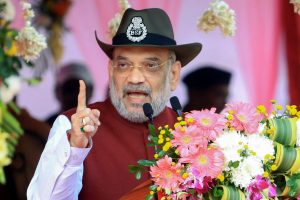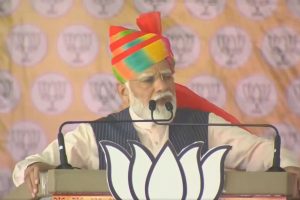The first Indian students came to the UK in the 1840s. Some were young Bengalis completing their medical training, others attended theological colleges. Within three decades, numbers began to grow. Indian students qualified in Law, Medicine or prepared for the Indian Civil Service exams.
In our own era, Indian students in the UK went on to become politicians and industrialists, medics and engineers, lawyers and writers. And today there are more than 30,000 NRI students in the UK, demonstrating their commitment to education by studying in small groups or through blended learning in the face of a global pandemic.
And it isn’t just lectures and labs which have changed in 2020. Indian students in the UK have always made the most of Diwali, but celebrations this year will be unusually restrained. Although there will still be lights, gatherings to exchange gifts and sweets, to feast, watch firework displays and attend Bollywood nights will be restricted.
Keeping safe means gatherings in streets and restaurants to enjoy vibrant shows of light, music and dancing have to be saved for next year. Only those students who already live together in flats, houses or student accommodation are permitted to gather socially.
Yet not ones to let a pandemic ruin Diwali, this year Indian students at universities all over the UK will battle out their knowledge on all things India at the first-ever national virtual quiz of its kind in the UK, hosted virtually at the LSE.
And there will be smaller household celebrations and online gatherings organised by Indian societies and groups of friends at every UK university which is a home to Indian students, as well as pathway colleges such as those run by Study Group.
The five days which mark the start of the Hindu New Year, and which are enjoyed by Sikhs and Jains will also have an extra poignant significance this year. The lights and oil lamps – diyas – which decorate the homes of Indian students and families across the world also represent hope for the triumph of good over evil, and light over darkness.
Sanam Arora is a graduate of the London School of Economics, and the Chair of the National Indian Students and Alumni Union (NISAU U.K.), the oldest and largest organisation for Indian students and graduates in the U.K. She now works as an Investment Management Consultant in London.
Ruth Arnold is a Senior Advisor to Study Group and an advisor to NISAU UK. She was also awarded the 2020 Outstanding Industry Contribution Award by the PIEoneer Awards for her role in developing the #WeAreInternational campaign.
(The publication does not take any responsibility whatsoever for the information provided in the content shared. The company is solely responsible for the entire information provided and the claims made in the story)











